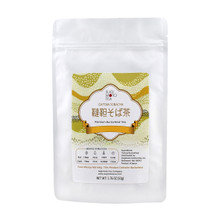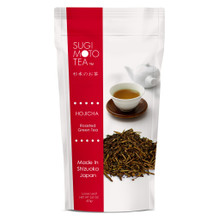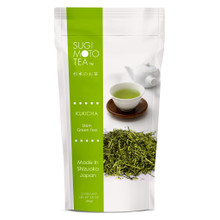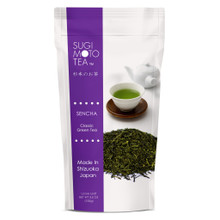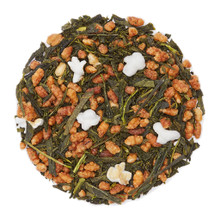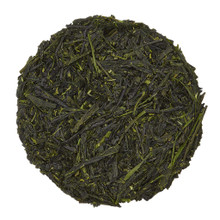The Impact of Water Quality on Your Japanese Green Tea
Introduction
This past March, Masaaki Sugimoto, our third-generation tea master and Kyohei's brother, visited the United States after nearly a decade. As a meticulous connoisseur of tea, Masaaki noticed a subtle difference in the taste of his beloved daily green tea when consumed in the US compared to Japan. This observation sparked a pursuit for understanding the underlying factors that contribute to this variance.
The Role of Water in Brewing Japanese Green Tea
The art of tea brewing involves a delicate balance between two primary ingredients: leaf and water. While much emphasis is traditionally placed on the leaf's quality, we often underestimate the role of water, the unsung hero that profoundly affects the taste, texture, and overall quality of the tea.
In our quest to understand the implications of water on tea's taste, we utilized a water hardness test kit. The test results were enlightening, revealing that soft water is ideal for brewing Japanese green tea, while hard water tends to mute the tea's rich flavors, leading to a bland outcome.
To further validate our findings, we turned to an in-depth study conducted by Cornell University titled ‘Green tea steeped in bottled water increases antioxidants.’ The research indicates that green tea steeped in bottled water, typically softer than tap water, increases the extraction of the healthful antioxidant EGCG. This substantiates our observation on the critical role of water quality in brewing Japanese green tea.
Revealing New Brewing Instructions for Homare Sencha
Based on this newfound understanding, Masaaki proposed different brewing instructions for our Homare Sencha, the Sugimoto family's pride and joy. These updated guidelines aim to enhance the umami flavor, regardless of your water source:
- Heat the water to 140F (60C)
- Measure 6oz (180cc) of water
- Add 4g (~2 tsp) of Homare Sencha
- Steep for 90 seconds
You can find these detailed brewing instructions on the Homare Sencha product page on our website.
Introducing Sugimoto Reserve as Cold Brew
Our exploration didn't stop there. We also discovered that Sugimoto Reserve teas possess an exceptional ability to bring out their distinct umami and sweetness when prepared as a cold brew:
Homare Sencha: Experience its refined flavors in a unique and refreshing way by preparing it as a standard cold brew. Prepare your cold brew by placing approximately 4g (around 2 teaspoons) of Sencha Homare in a small Japanese kyusu. Add about 12 ounces (360 ml) of ice-cold water. Let the tea steep in the refrigerator for about 10 minutes. This simple cold brewing method brings forward the inherent umami and sweetness of Sencha Homare, offering a refreshing and delicate taste. | |
Shizuku Gyokuro: For this tea, we recommend the Kooridashi method of cold brewing. Take 5g (approximately 2 teaspoons) of Shizuku Gyokuro and place it in a small Japanese kyusu. Fill the kyusu with ice cubes till it's about three-quarters full. Then, cover the kyusu and allow the tea to steep as the ice slowly melts. Once all the ice has melted, your tea is ready to serve. This method serves to accentuate the potent umami taste of the Gyokuro. | |
Mizuki Matcha: Enjoy Mizuki Matcha as iced matcha for a rejuvenating and antioxidant-rich treat. To prepare your iced matcha, begin with approximately 2g (about 1 teaspoon) of matcha in a glass. Pour about 8 ounces (240 ml) of cold water over the matcha. Briskly stir the matcha with a whisk until it's fully dissolved and frothy. If you have a bottle with a tight-fitting lid, you can use it to shake the mixture vigorously. Once the matcha is well blended, add ice. You're now ready to enjoy your refreshing and antioxidant-rich iced Mizuki Matcha. |
Conclusion
In conclusion, the journey to the perfect cup of tea is not solely about the quality of the tea leaves, but also about the water quality and brewing method. Following our newly updated brewing instructions for Homare Sencha and our cold brew recommendations can significantly elevate your tea-drinking experience. The ideal cup of Sugimoto Tea is a confluence of tradition, scientific understanding, and indulgent satisfaction. So here's to an invigorated tea journey, celebrating each nuanced sip with renewed appreciation.















